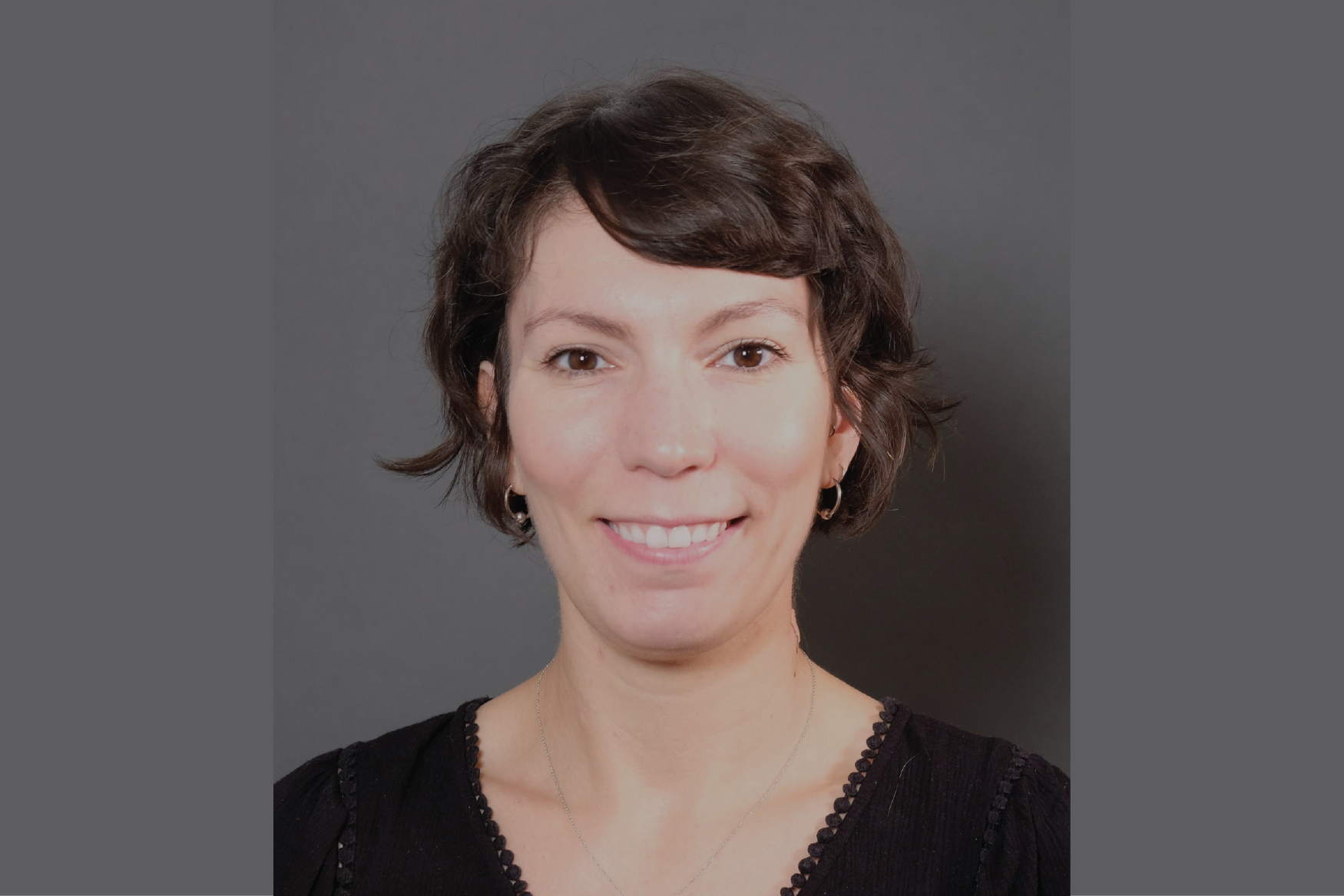In a new publication in the Journal of Cachexia and Sarcopenia of Muscle, post-doc Deena Snoke, Ph.D., shares her research findings that lung cancer patients experience a 20 percent reduction in muscle fiber size after two months of conventional treatment despite no measurable changes in muscle at the whole-body or whole-tissue level.

Deena Snoke, Ph.D.
In a new publication in the Journal of Cachexia and Sarcopenia of Muscle, post-doc Deena Snoke, Ph.D., shares her research findings that lung cancer patients experience a 20 percent reduction in muscle fiber size after two months of conventional treatment despite no measurable changes in muscle at the whole-body or whole-tissue level. While many previous studies have reported on the profound effects of cancer and its accompanied treatment on skeletal muscle, this was the first study to examine longitudinal changes in muscle at the cellular level. Conducted in collaboration with Hibba Tul Rehman, M.D., Kim L. Dittus, M.D., Ph.D., and Michael Toth, Ph.D., and supported by the Microscopy Imaging Center, the new work highlights the need to target muscle loss early in the course of treatment even in patients with stable body weight and composition. Future work will use the findings from this study to inform preclinical work in model systems using a newly developed model of lung cancer–related tissue wasting (manuscript under review).
Recently, Snoke was invited to the University of Arkansas to present her work to the Department of Health, Human Performance, and Recreation, one of the leading exercise physiology groups in the country. Snoke emphasized how the opportunity to give an invited talk as a post-doc was great preparation for future faculty interview visits and provided a unique opportunity to establish collaborations with investigators who will help in her transition to an independent investigator.
A post-doc in the lab of Michael Toth, Ph.D., Snoke is funded by the prestigious Vermont Lung Center T32 Training Grant and also received an NIH Loan Repayment Program Award. Over the past year she became a founding committee member of the Cancer Cachexia Society’s Women in Cachexia Initiative, which aims to increase visibility and provide mentorship and career support for women and minoritized genders. Along the path to becoming an independent investigator, Snoke is currently preparing a career transition award and over the next two application cycles will be applying for tenure-track assistant professor positions.
View the full publication here.